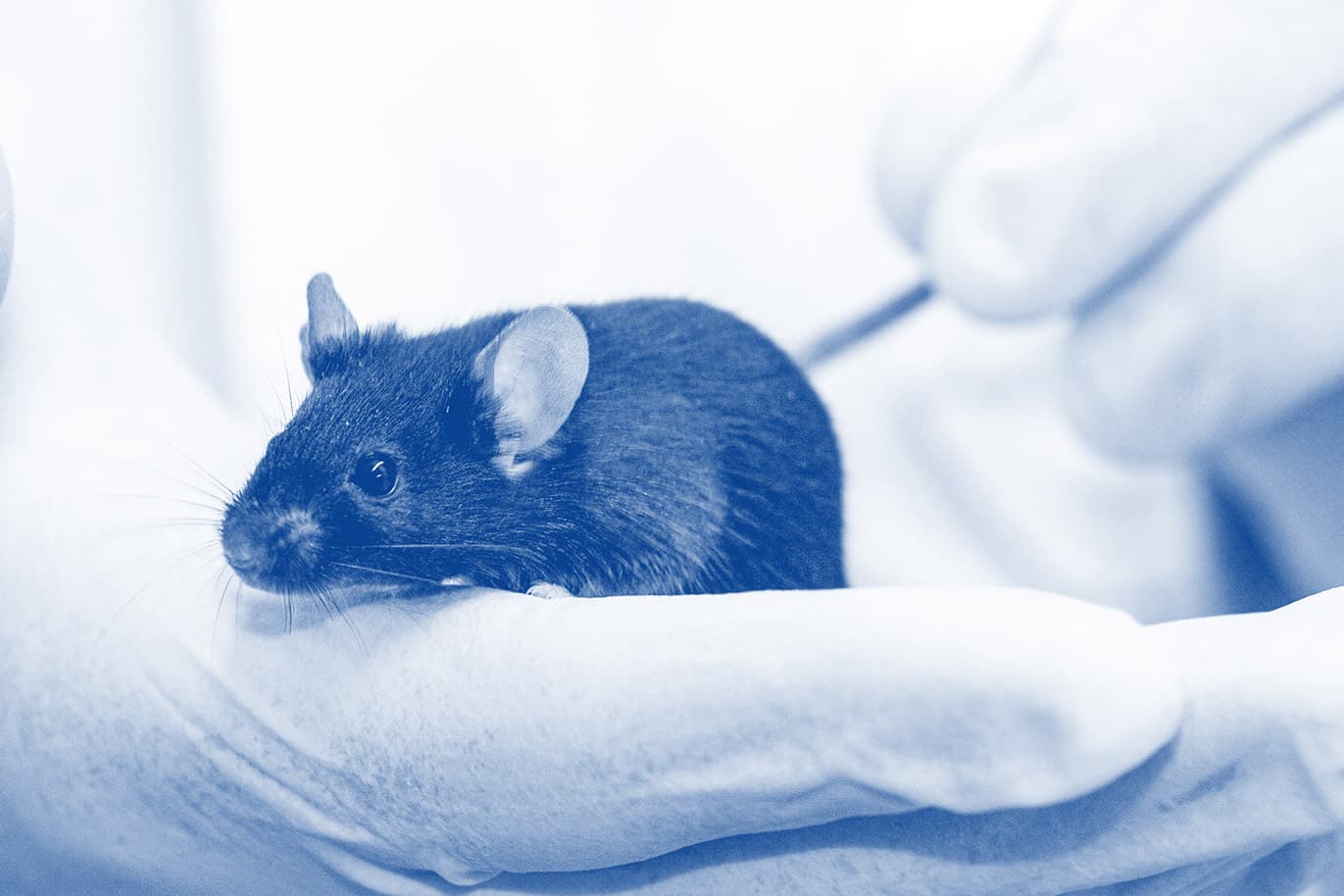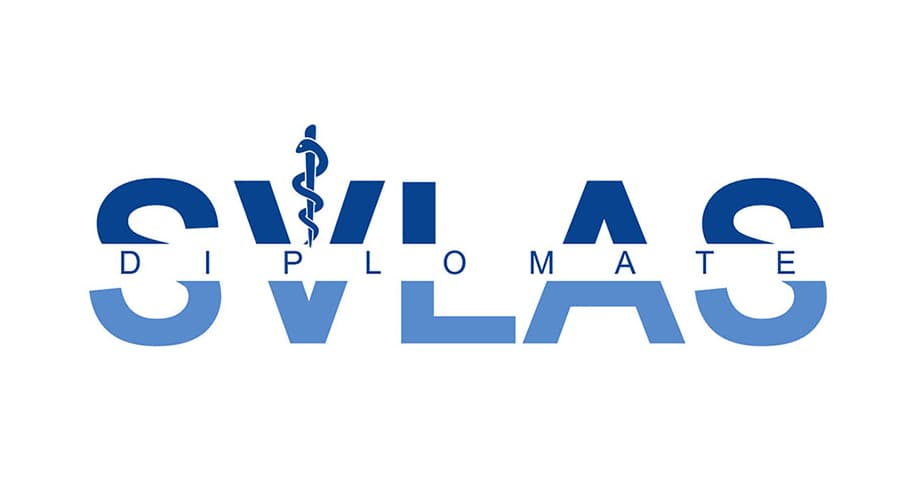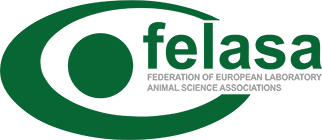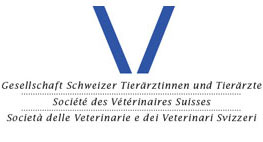SAVIR — Swiss Association of Veterinarians in Industry and Research
SAVIR provides support with its network of veterinarians working in the fields of business, industry, research and education. SAVIR was founded as an association in 2002.
As experts in the field of laboratory animal science, we are committed to the ethical performance of animal experiments in which the distress to the animals is kept as low as possible while maintaining the same high level of knowledge gain. At the same time, we support open and transparent communication about animal experiments, and SAVIR is member of the Swiss Transparency Agreement on Animal Research (STAAR).
NEWS
Undercover video: Infiltrada en el Búnker (Undercover: Inside the Bunker)
A few weeks ago in Spain there was published a video at amazon prime taken from inside the laboratories of Vivotecnia, in Madrid, Spain, with the intention to show cruelty in animal research.
The European Animal Research Association (EARA) has investigated the video and responded to this, which you can find here: EARA Statement
14.06.2025 Nationaler Tag des Versuchstiers / National Information Day of the Experimental Animal #NIDEA
SAVIR will again co-organize together with SGV & Forschung für Leben another National Information Day of the Experimental Animal “NIDEA” on Saturday, June 14th, 2025.
The event will take place in Zurich, Basel, Bern and Fribourg. Meet us at our information booths in one of these cities and discuss animal experimentation and research with us.
More information will follow.
You can also follow us on X via #NIDEA2025 and #3Rs.
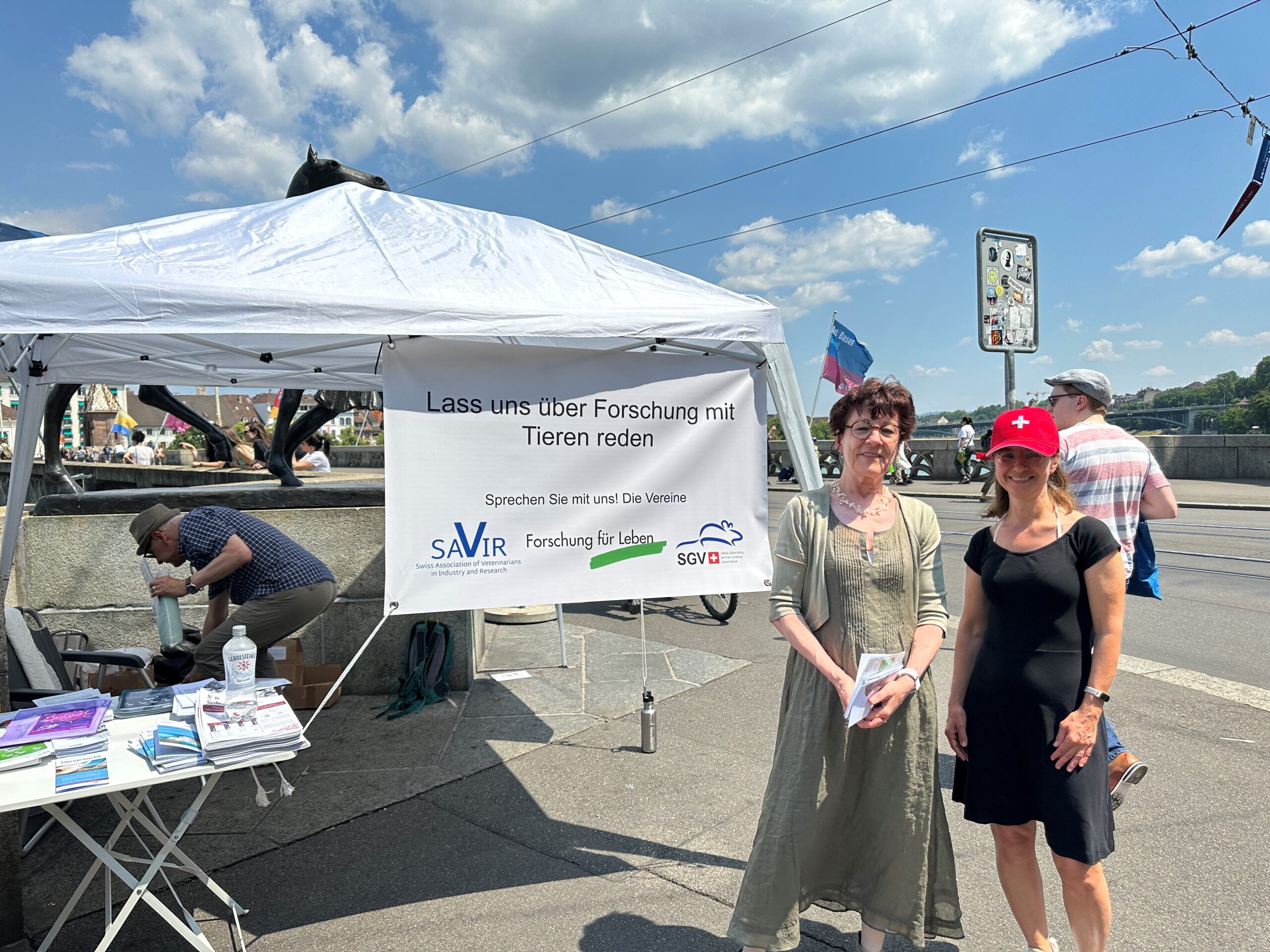
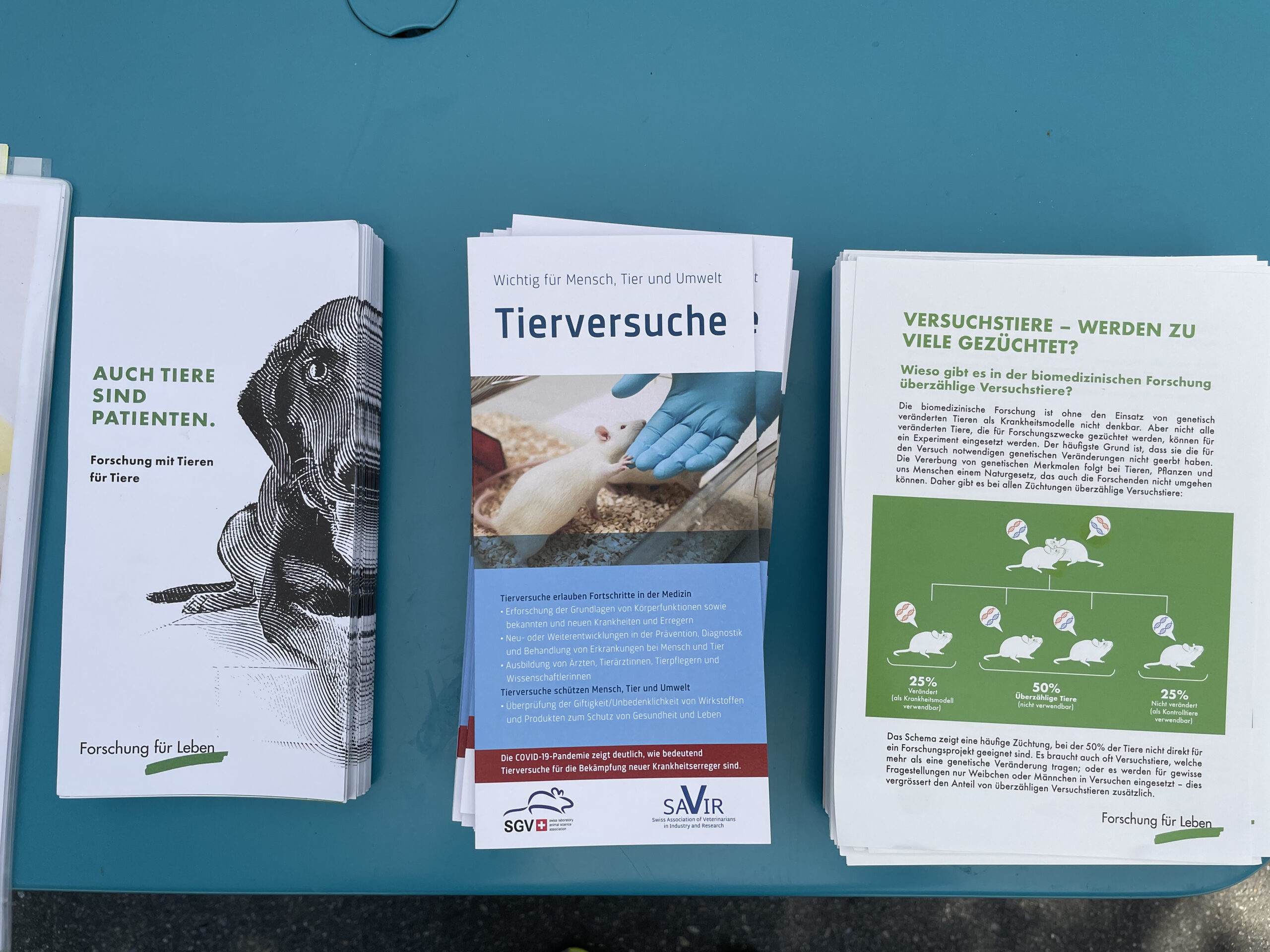
Statement SAVIR zur Tierversuchsverbotsinitiative, November 2024
Die Volksinitiative «Ja zur tierversuchsfreien Zukunft» fordert ein umfassendes Verbot von Tierversuchen sowie der Haltung, der Züchtung und des Handels von Tieren für diese Zwecke. Diese Verbote sollen sich auf Bildung, Forschung und nach einer Übergangsfrist von sieben Jahren auch auf weitere Bereiche erstrecken. Ein solches Verbot würde den medizinischen Fortschritt und die Innovation in der Human- und Veterinärmedizin gefährden sowie die Forschungstätigkeit in Biowissenschaften, Natur- und Umweltschutz erheblich beeinträchtigen. Ein Rückgang dieser Aktivitäten würde unweigerlich dazu führen, dass sich Forschungstätigkeiten ins Ausland verlagern würden, wo die eingesetzten Tiere durch weniger strenge Tierschutzgesetze auch weniger gut geschützt sind als in der Schweiz.
Tierversuche sind in vielen Fällen unerlässlich, um komplexe Abläufe im Körper von Menschen und Tieren zu verstehen, neue Medikamente zu entwickeln und deren Sicherheit für Patientinnen und Patienten sicherzustellen. Der Einsatz von Tieren zu Forschungszwecken trägt dazu bei, Leben zu retten und Patientenleiden zu mindern. Diese Tatsache wird von den Initianten ignoriert- genau wie die Tatsache, dass das Schweizer Stimmvolk bereits im Februar 2022 ein vergleichbares Verbot bereits mit einer deutlichen Mehrheit von über 79 % abgelehnt hat. Ein Verbot dieser Forschung mit Tieren würde nicht nur den Ruf der Schweiz als internationalen Spitzenreiter in Forschung, Entwicklung und Bildung gefährden, sondern auch zu einem Rückgang des Fachwissens im Bereich Tierschutz führen und damit die wissenschaftlichen und medizinischen Errungenschaften des Landes beeinträchtigen.
In der Schweiz unterliegen Tierversuche strengen gesetzlichen Regelungen und werden durch das 3R-Prinzip (Replace, Reduce, Refine) geleitet. Dieses Prinzip verpflichtet Forschende, Alternativen zu Tierversuchen zu bevorzugen, die Anzahl der Tiere auf ein Minimum zu reduzieren und Belastungen für die Tiere so gering wie möglich zu halten. Ein Forschungsvorhaben darf nur dann durchgeführt werden, wenn nachweislich keine tierversuchsfreie Methode existiert und die Notwendigkeit sowie der erwartete gesellschaftliche Nutzen des Experiments sorgfältig abgewogen wurden. Zudem dürfen Tierversuche nur von ausgebildeten Fachpersonen durchgeführt werden, die eine spezielle Bewilligung besitzen und regelmäßig weitergebildet werden. Diese Vorgaben werden von kantonalen Veterinärbehörden überwacht, um sicherzustellen, dass Tierversuche nur im notwendigen Umfang stattfinden und strikte ethische Standards eingehalten werden.
Dank kontinuierlicher Forschungsfortschritte können immer mehr alternative Methoden eingesetzt werden. Zellkulturen, Organoidmodelle oder Computersimulationen werden bereits jetzt angewendet, um entweder Tierversuche zu ersetzen oder deren Umfang zu verringern. Oftmals sind diese Methoden den später durchgeführten Tierversuchen vorgeschaltet oder begleiten diese parallel, was zu einer Einsparung von Tieren führt. Dennoch gibt es noch Bereiche, in denen Tierversuche unverzichtbar bleiben. Dies gilt beispielsweise für Forschungsfragen in der biomedizinischen Forschung, der Ausbildung von Tiermedizinstudierenden oder der Erforschung wildlebender Tierpopulationen in der Schweiz. Ein pauschales Verbot des Tierversuchs in der Schweiz gefährdet den biomedizinischen Fortschritt, behindert Umwelt- und Naturschutz sowie Aus- und Weiterbildung verschiedener Berufsgruppen und dient aufgrund der Verlagerung von Forschungstätigkeiten ins Ausland nicht dem Tierschutz. Es handelt sich somit um eine unethische Forderung, die SAVIR folglich entschieden ablehnt.
Communiqué de la SAVIR sur l’initiative pour l’interdiction de l’expérimentation animale, Novembre 2024
L’initiative populaire « Oui à un avenir sans expériences sur les animaux » demande une interdiction complète des expériences sur les animaux ainsi que de la détention, de l’élevage et du commerce d’animaux à ces fins. Ces interdictions doivent s’étendre à l’éducation, à la recherche et, après une période de transition de sept ans, à d’autres domaines. Une telle interdiction mettrait en péril des domaines de recherche essentiels et nuirait considérablement aux progrès médicaux et à l’innovation en médecine humaine et vétérinaire ainsi que dans les sciences du vivant et la biotechnologie. Un recul de ces activités pourrait entraîner une délocalisation de la recherche à l’étranger, où les lois sur la protection des animaux sont souvent moins strictes, et risquer ainsi d’accroître la souffrance animale.
Dans de nombreux cas, l’expérimentation animale est indispensable pour comprendre des maladies complexes, développer de nouveaux médicaments et assurer leur sécurité pour les patients. Ces expériences contribuent à sauver des vies et à réduire les souffrances, par exemple dans le domaine de l’oncologie et de l’immunologie. Il convient de noter qu’en février 2022, les électeurs suisses ont déjà rejeté une interdiction comparable à une nette majorité de 79 %. L’acceptation d’une nouvelle interdiction mettrait donc non seulement en péril la réputation de la Suisse en tant que leader international dans le domaine de la recherche, du développement et de l’éducation, mais entraînerait également un recul de l’expertise dans le domaine du bien-être animal, ce qui nuirait aux réalisations scientifiques et médicales du pays.
En Suisse, les expériences sur les animaux sont soumises à des réglementations légales strictes et sont guidées par le principe des 3R (Replace, Reduce, Refine). Ce principe oblige les chercheurs à privilégier les alternatives à l’expérimentation animale, à réduire au maximum le nombre d’animaux utilisés et à limiter autant que possible les contraintes pour les animaux. Un projet de recherche ne peut être mené que s’il est prouvé qu’il n’existe pas de méthode sans animaux et que la nécessité et le bénéfice sociétal attendu de l’expérience ont été soigneusement évalués. En outre, les expériences sur les animaux ne peuvent être réalisées que par des spécialistes formés, qui possèdent une autorisation spéciale et suivent régulièrement des formations continues. Ces directives sont contrôlées par les autorités vétérinaires cantonales afin de garantir que les expériences sur les animaux ne sont réalisées que dans la mesure nécessaire et que des normes éthiques strictes sont respectées.
Grâce aux progrès continus de la recherche, de plus en plus de méthodes sans animaux peuvent être utilisées. Les méthodes in silico et in vitro sont déjà utilisées avec succès pour remplacer les expériences sur les animaux ou pour en réduire l’ampleur. Cependant, il existe encore des domaines dans lesquels l’expérimentation animale reste indispensable. Les chercheurs travaillent de manière conséquente à la mise en œuvre et à l’amélioration d’alternatives afin de réduire encore l’utilisation des animaux. SAVIR souligne qu’une interdiction globale de l’expérimentation animale représente la mauvaise voie, car elle entrave le progrès et met en danger la recherche éthiquement et juridiquement assurée. C’est pourquoi SAVIR s’oppose résolument à l’initiative populaire «Oui à un avenir sans expériences sur les animaux».
SVTP / SAVIR joint Seminar on Animal Models in Research 6th + 7th June 2024
This year we had the chance to organize a two day seminar for continuing education together with the swiss animal pathologists (SVTP) about the main topic of animal models in research. Together we were able to create an interesting and varied programm that attracted 80 to 90 participants. The seminar was hosted at Roche in Basel and included also the possibility to visit a part of Roche’s animal facility.
For the SAVIR board, to organize the seminar was a new but very enjoyable experience. We were happy about the possibility to work together with another group of veterinarians, to have professional exchange and expand horizons.
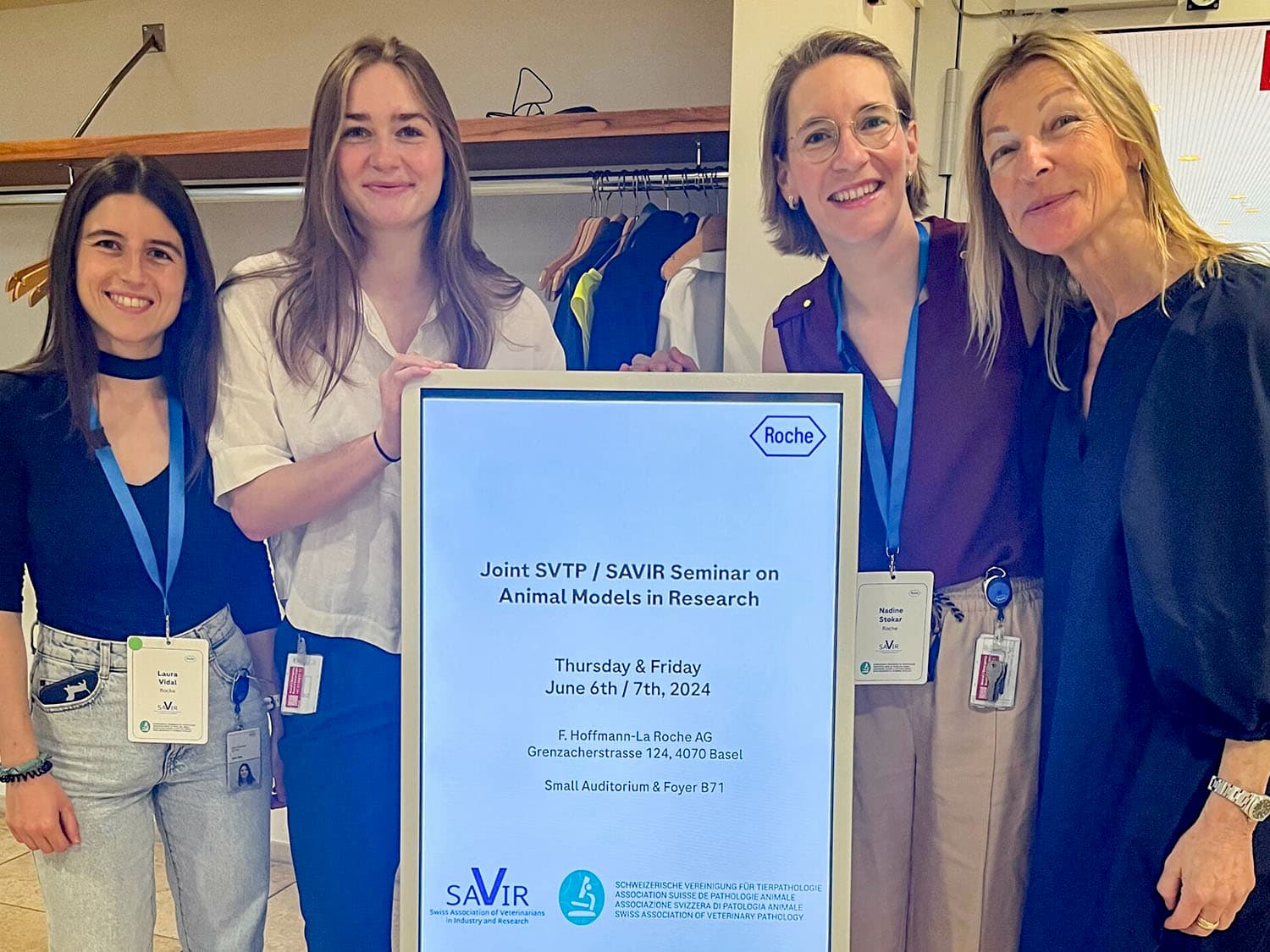
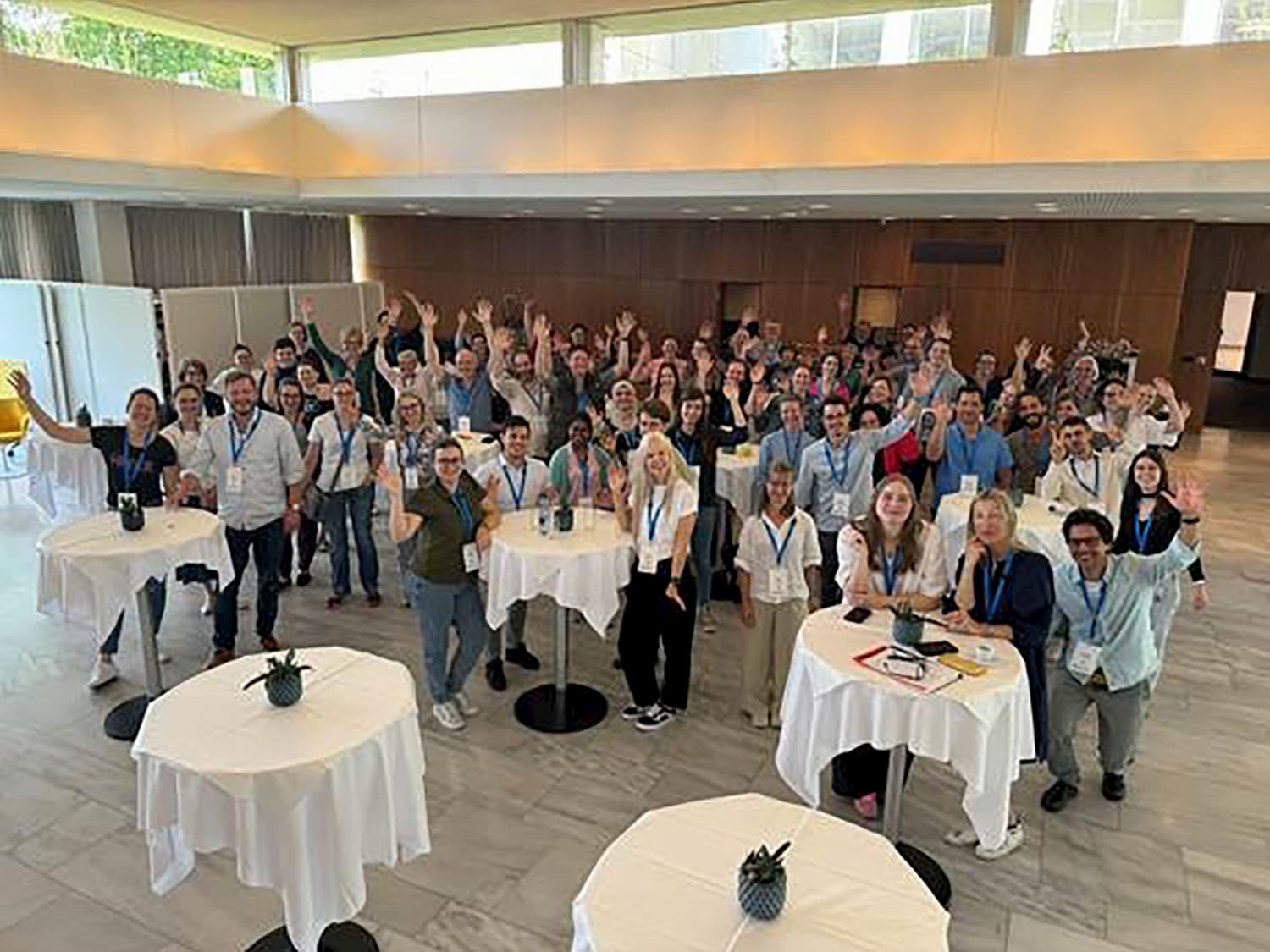
Nicht-aversive Methoden im Umgang mit Maus und Ratte im Versuch – was ist das?
Wer das Verhalten von Mäusen und Ratten kennt, kann auf sie eingehen und so erreichen, dass sie zutraulicher werden. Das senkt bei den Labortieren den Stress – was schliesslich auch zu einer besseren Datenqualität führt.
CABMM 2020
This November/December SAVIR was invited to give an online lecture miniseries at the CABMM Scientific meeting (Competence Center for Applied Biotechnology and Molecular Medicine; www.cabmm.uzh.ch/en.html). One of our presentations dealt with the topic of communication on animal experimentation. Due to technical problems during the zoom meeting, not all participants were able to follow the presentation. Therefore, it was made available online again here.
FELASA-ESLAV-ECLAM Position Paper on CO2 use for euthanasia of rodents
Based on the discussions in Switzerland about the use of CO2 for the euthanasia of rodents, FELASA-ESLAV-ECLAM have set up a position paper, see here.
Communication on Veterinary Expert Title Dipl. SVLAS
Laboratory Animals, the international journal of Laboratory animal science, Medicine, Technology and welfare accepted a short communication about the expert title Dipl. SVLAS in the latest volume (Newly created title of the Diplomate Specialized Veterinarian in Laboratory Animal Science (Dipl. SVLAS) awarded by the Swiss Association of Veterinarians in Industry and Research (SAVIR), Heimann M., Laboratory Animals 2018, Vol. 52(6) 653–654)
SGV Award 2022
Dr. Maike Heimann, President of SAVIR, won the SGV Award 2022, for her great engagement for communication in laboratory animal science.
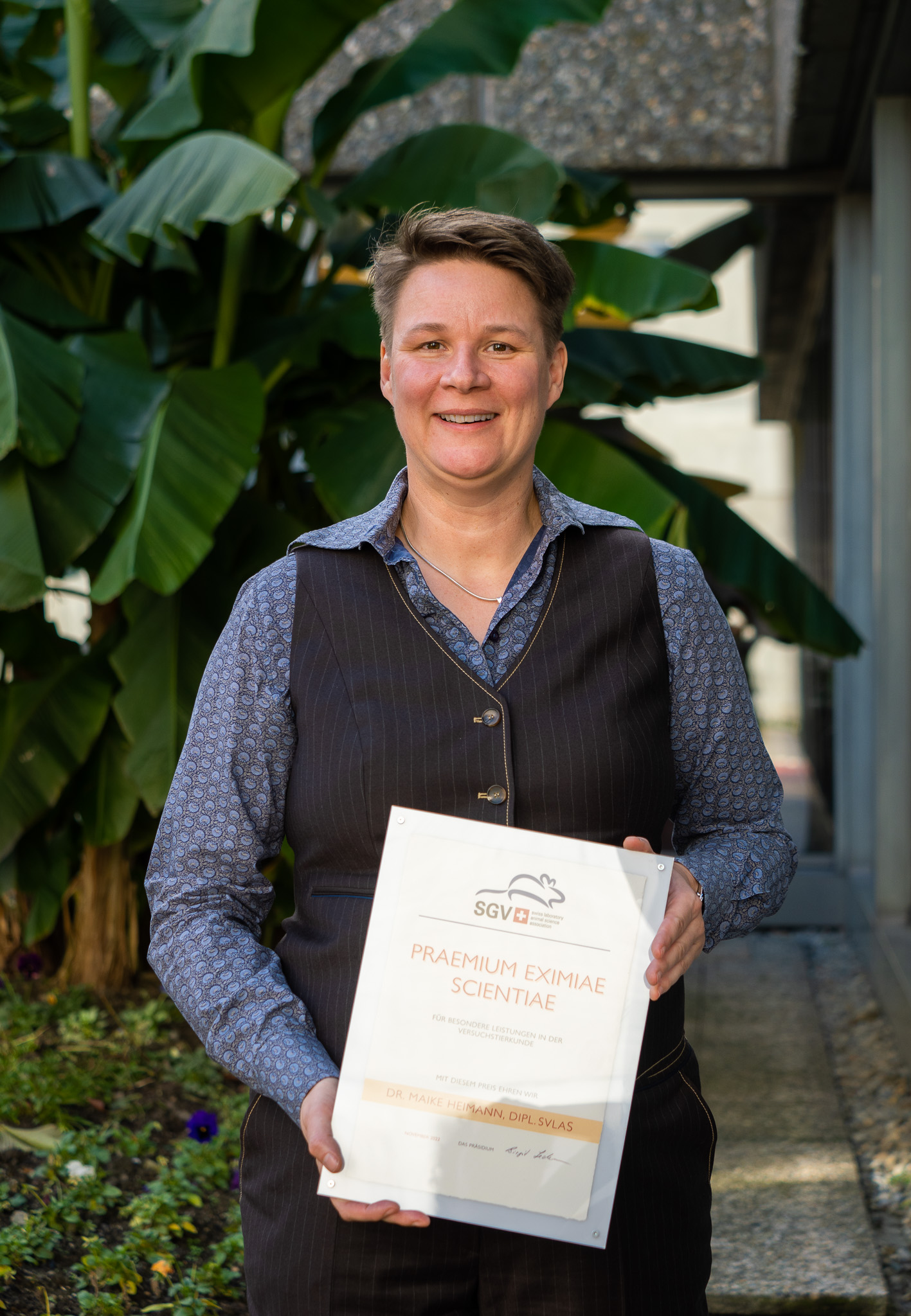
Animal experiments in the corona-virus research / Tierversuche in der Corona-Forschung
Article in the Berliner Zeitung from 2nd December 2020 (only in German)
Gastbeitrag in der Berliner Zeitung vom 02.12.2020 (in Deutsch).
SAVIR is on Twitter
Follow us under SAVIR_2019
Vet professional card (Tierärzteausweis)
The Federal Food Safety and Veterinary Office (BLV) does not issue such ID cards! In Switzerland, the BAG, 3003 Berne, is responsible for issuing diplomas and identity cards for medical persons. Likewise, the BAG is responsible for the assessment resp. the recognition of foreign degrees in the field of medical professions.
More information can be found here:
General information recognition of foreign degrees (EU/EFTA)
Vet identity card
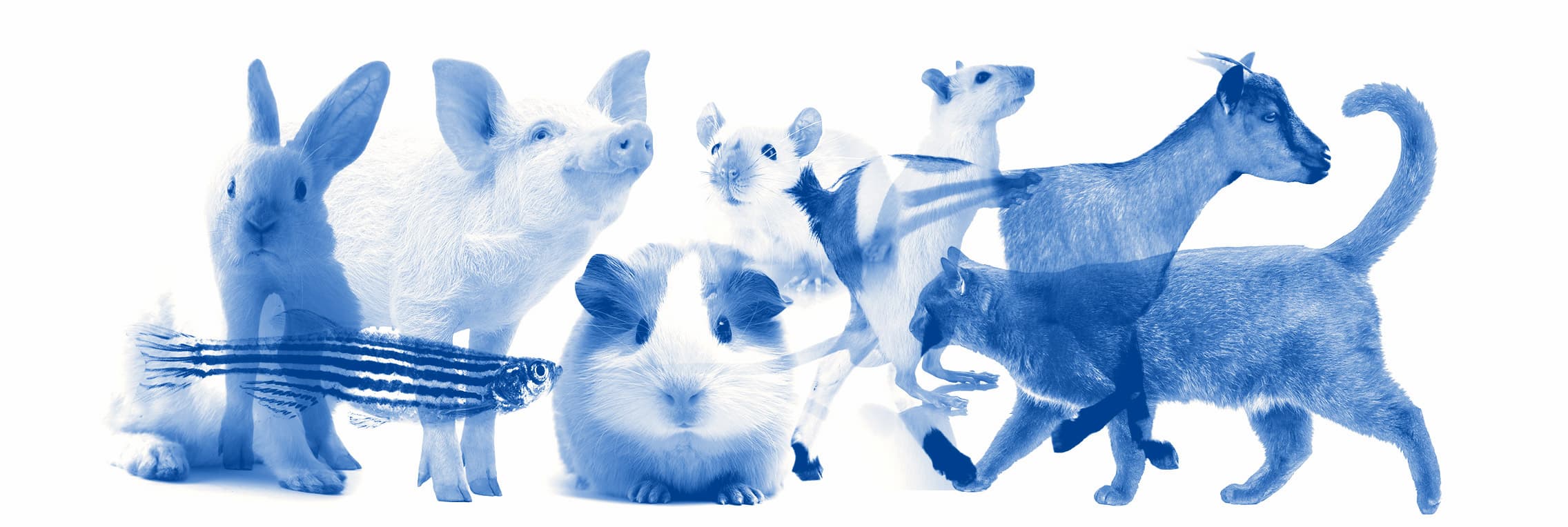
Board
Maike Heimann
President
Dr.med.vet.
Fachtierärztin Labortierkunde
Dipl.SVLAS
Christina Simon
Vice-president
Dr.med.vet.
Fachtierärztin Labortierkunde (D)
Claudia Weigt
Actuary
Dr.med.vet.
Fachtierärztin Labortierkunde
Dipl.SVLAS
Kerstin Broich
Treasurer
Dr.med.vet.
Master Business
Administration
Gisèle Ferrand
Dr.med.vet.
Fachtierärztin Labortierkunde
Dipl.SVLAS
Why be a member?
Benefit from the network, specific further education and representation of interests of the profession in national and international committees. SAVIR provides veterinarians and students with the necessary professional contacts and coaching for their professional orientation or career and career planning. SAVIR also awards the Swiss title of Diplomate Specialized Veterinarian in Laboratory Animal Science / Dipl. SVLAS as postgraduate education of veterinarians in the field of laboratory animal science.
Do you feel addressed and would you like to support SAVIR? Become a member! The membership fee is CHF 80.- per year (40.- for students).
The statutes of SAVIR (in German) can be found here:
If you have any questions or are interested in becoming a member, please use the contact form or the membership application form. Your request will be answered as soon as possible.
Diplomate Specialised Veterinarian in Laboratory Animal Science (Dipl.SVLAS)
SAVIR awards the Swiss title of Diplomate Specialized Veterinarian in Laboratory Animal Science / Dipl. SVLAS. The postgraduate education of veterinarians in the field of laboratory animal science to graduated specialist veterinarians represents a recognition of professional competences according to the corresponding catalogue of competences.
For further information please klick here: www.svlas.ch
Education
We recommend the following links if you need training and further education.

Resal – lemanic animal facility network
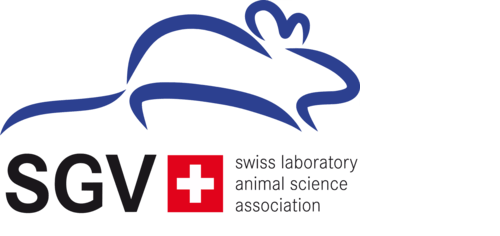
SGV – Swiss Laboratory Animal Science Association
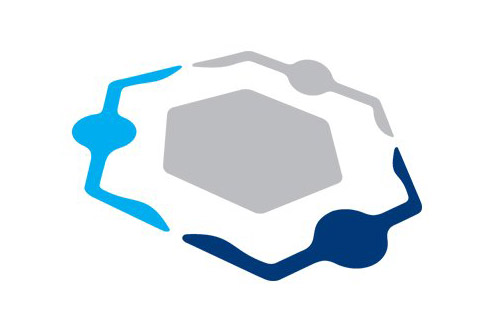
Fondazione Guido Bernardini
Tierversuche — Animal experiments
Deutsch:
Nach wie vor sind Versuche mit Tieren unerlässlich — sei es für die Entwicklung neuer Medikamente (z.B. gegen derzeit unheilbare Erkrankungen wie HIV oder bestimmte Krebstypen), für die Entwicklung neuer Impfstoffe (z.B. gegen COVID-19) oder für die Entwicklung neuer Medizinalprodukte (z.B. Kniegelenksersatz). Zudem kommen Tiere in der Ausbildung (z.B. von Studierenden der Veterinärmedizin) oder in der Erforschung von Wildtieren (z.B. Untersuchung von Wildtierpopulationen in Bezug auf deren Vorkommen und Gesundheitsstatus) zum Einsatz. Die Belastung der Tiere hat dabei so gering wie möglich zu sein, der Umgang mit ihnen muss so schonend wie möglich erfolgen. Jeder in unserer Gesellschaft profitiert in irgendeiner Weise von den Erkenntnissen, die mittels Tierversuchen gewonnen werden. Gleichzeitig fehlt es noch vielfach an offener und transparenter Kommunikation über diesen Bereich, wodurch es zu falschen Erwartungen oder Mistrauen gegenüber diesem Wissenschafts-zweig kommt.
SAVIR hat zusammen mit der SGV (Schweizerische Gesellschaft für Versuchstierkunde) einen Flyer entwickelt für die Information der Öffentlichkeit über tierexperimentelle Forschung in der Schweiz. Damit möchten wir beitragen zu besserer Kommunikation und Transparenz in unserem Fachgebiet.
Flyer Tierversuche Schweiz
Für eine sinnvolle Meinungsbildung ist mehr Wissen erforderlich darüber, wozu Tierversuche in der Schweiz durchgeführt werden und warum sie bisher unerlässlich sind.
Das folgende Heft der Unipress Bern zum Thema Tierversuche kann einen wichtigen Beitrag zur Information und Aufklärung leisten:
Unipress Tierversuche (pdf)
Darüberhinaus gibt es bereits verschiedene Websites und Plattformen, die genau und sachlich darüber informieren, wozu und unter welchen Bedingungen Tierversuche durchgeführt werden.
Einige interessante Seiten finden Sie unter den folgenden Links:
Themenportal Tierversuche
English:
Animal experiments are still indispensable — for instance for the development of new drugs (e.g. against currently incurable diseases such as HIV or certain types of cancer), for the development of new vaccines (e.g. against COVID-19) or for the development of new medical products (e.g. knee joint replacement). In addition, animals are used in education (e.g. by students of veterinary medicine) or in research on wild animals (e.g. investigation of wild animal populations with regard to their occurrence and health status). The stress to the animals must be kept as low as possible, and the handling of the animals must be as gentle as possible. Everyone in our society benefits in one way or another from the knowledge gained through animal experiments. At the same time, open and transparent communication about this area is still often lacking, which leads to false expectations or mistrust of this field of science.
SAVIR together with the SGV (Swiss Laboratory Animal Science Association) have created a Flyer for information of the public about animal experiments and research in Switzerland. With this we want to support communication and transparency about our field of work.
Flyer Animal Research Switzerland
Below you will find another link about “Good Practice in Communicating Animal Research at Universities” from LERU (League of European Research Universities). In this document, LERU describes several actions which could improve transparency and communications on animal use in universities.
Good Practice in Communicating Animal Research
Furthermore, there are already various websites and platforms that provide precise and factual information about what animal experiments are performed for and under what conditions:
Some interesting websites can be found using the following links (partly available in English):
Themenportal Tierversuche
Jobs
You would like to publish a job offer? Click here to email us.
Veterinarian Vivarium Darmstadt (all genders) part-/ full-time
Merck KGaA, Darmstadt, Germany
Links
3R Kompetenzzentrum Schweiz / Swiss 3R Competence Centre
STAAR — swiss transparency agreement on animal research
Gesellschaft Schweizer Tierärztinnen und Tierärzte
Bundesamt für Veterinärwesen – Tierversuche
Gesellschaft für Versuchstierkunde GV-SOLAS (Deutschland)
Federation of European Laboratory Animal Science Associations
European Animal Research Association
European Society for Labortaory Animal Veterinarians
American Association for Laboratory Animal Science
American Society of Laboratory Animal Practitioners
National Center for Replacement Refinement & Reduction of Animals in Research (UK)
